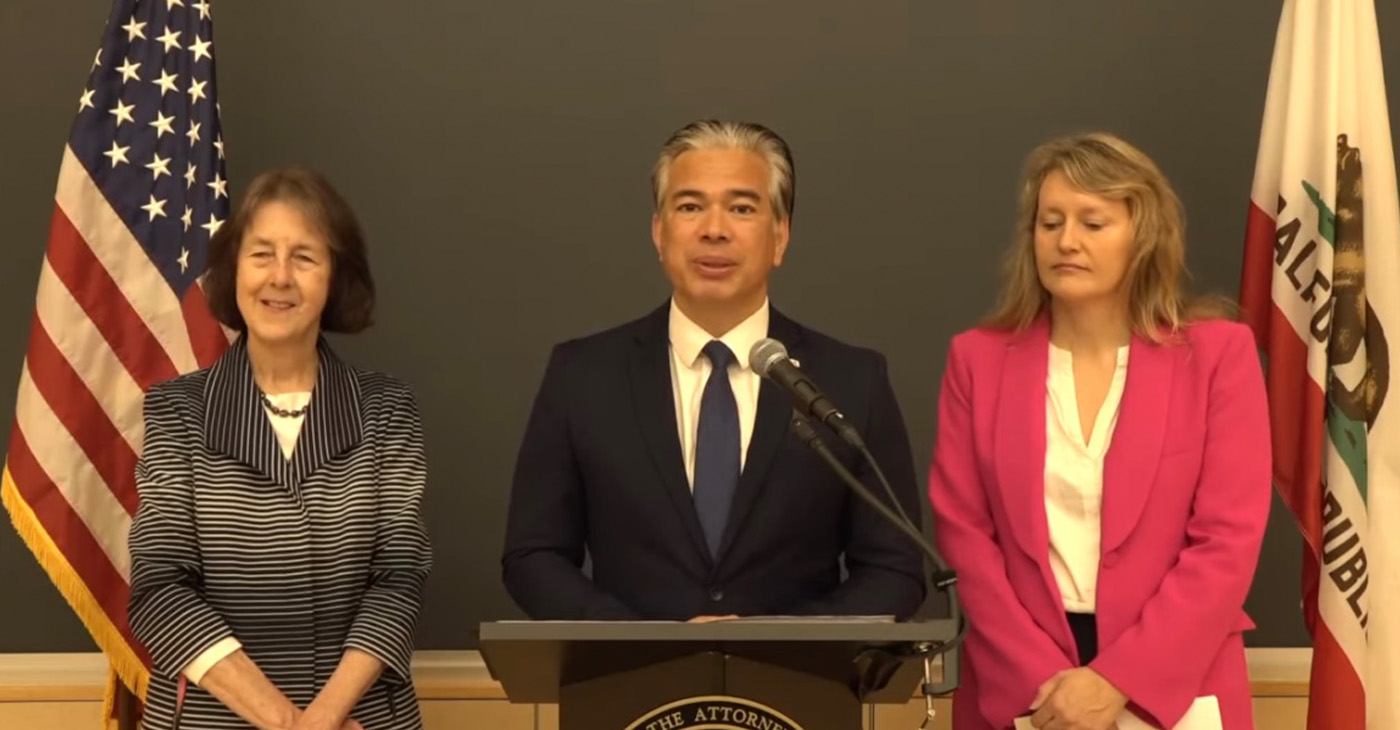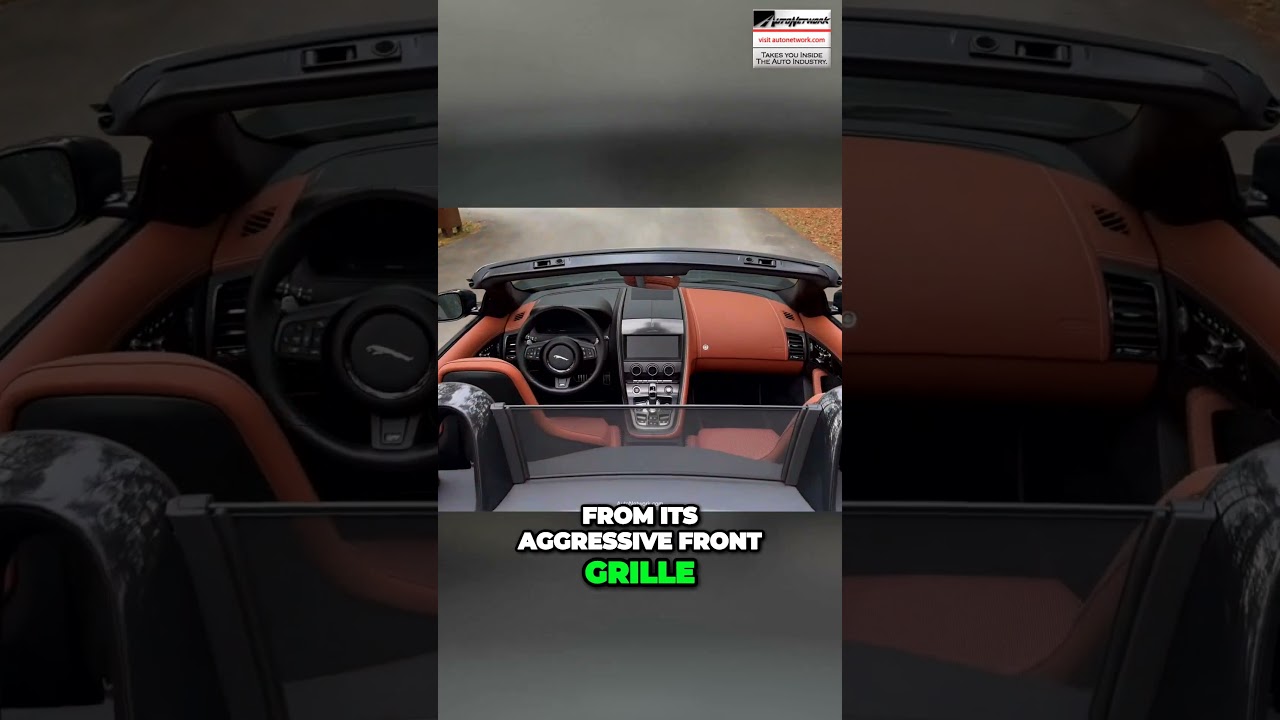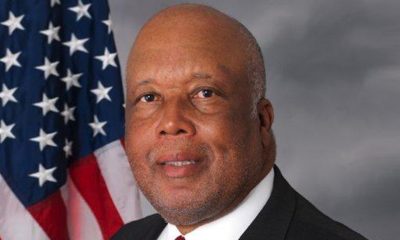Technology
Can Phone Companies Do More to Block Robocalls?

In this photo taken April 3, 2015, Jeri Vargas takes a phone call at her mother’s home in the Sherman Oaks area of Los Angeles. Jeri Vargas put her elderly mother on the Do Not Call list years ago. So why is the 88-year-old woman with Alzheimers disease still getting several recorded phone calls a day pitching her everything from vacation cruises to medical alert devices and fire extinguishers? (AP Photo/Damian Dovarganes)
ANNE FLAHERTY, Associated Press
WASHINGTON (AP) — Tired of those annoying, sometimes costly, robocalls favored by scammers?
The Federal Communications Commission is being asked to consider whether more can be done to block the automated phone calls, but the options appear to be limited.
The convergence of Internet and phone lines has made it easier to blast out hundreds of thousands of calls in a matter of minutes to see who takes the bait. The question of whether these calls can be blocked has never been more pressing than around tax season, when many pretend to come from the IRS.
The phone companies say they worry that automatic call-blocking might run afoul of laws requiring them to connect phone calls and have asked the FCC to clarify that it doesn’t. Many carriers offer call-blocking services to consumers, sometimes for a fee. But they also don’t want regulators to create any hard-and-fast rules, which they say could be difficult to implement.
Consumer groups counter that the phone companies are dragging their feet for no good reason and that, once given the green light from the FCC, could block most robocalls if they wanted.
“It is time for AT&T to provide free, effective solutions to this problem immediately, so that unwanted robocalls are stopped before they reach us,” wrote Tim Marvin with Consumers Union in a recent letter to AT&T. The group, which has organized an online petition at EndRobocalls.com, sent similar letters to Verizon and Century Link.
AT&T says it’s not as easy as it sounds. Robocallers can easily “spoof” their identity and location by pretending to be from a legitimate source or by altering the caller ID. So blocking robocalls is “a bit like a game of Whac-A-Mole: just as numbers are identified for blocking, the robocaller spoofs another number,” the company said in an FCC filing.
The U.S. passed the widely popular “Do Not Call” legislation in 2003. Commercial telemarketers are not allowed to call you if you’ve put your number in the registry unless they have “an established business relationship” with you. But unsolicited phone calls remain a top consumer complaint. The Federal Trade Commission, which goes after businesses for deceptive business practices, say it receives on average of 150,000 complaints a month on robocalls and has filed more than 100 lawsuits against violators of the Do Not Call rules.
Still, regulators and phone companies say they remain stumped on how to fix the problem for good.
“For every company we can shut down, there are probably 10 to 100 companies that can pop up in its place,” said Patty Hsue, an FTC staff attorney who leads the agency’s technical initiatives against robocalls.
A common example is “Rachel from Cardholder Services.” The automated voice recording encourages listeners to press a number, which connects them with someone who promised to lower their interest rates in exchange for an upfront fee. The FTC was able to trace the calls back to multiple people inside the U.S. and demand refund checks, but copycat scams continue.
Jeri Vargas says she put her mother on the “Do Not Call” list several years ago, but the 88-year-old woman diagnosed with Alzheimer’s disease still gets several recorded phone calls a day pitching her on everything from vacation cruises to medical alert devices and fire extinguishers.
Aggressive telemarketing calls tipped Vargas off to her mother’s failing health, she says. Yachting equipment arrived at the house one day, followed by magazines, books and light bulbs her mom didn’t need. Vargas hid her mom’s credit cards, only to find out later that a man claiming to sell fire extinguishers had her mom search through old statements to provide him a credit card number. Vargas says she thinks that robocalls were an easy way of identifying her mother as a vulnerable target. Now the phone rings all day long, but Vargas is reluctant to get rid of the line in case of an emergency.
“I don’t mind if someone calls me because I can say, ‘No thank you,'” said Vargas. “But it’s hard for someone like my mom.”
The problem has gotten so bad nationwide that the FTC in 2012 began offering cash prizes for technical solutions. Among the winners is Nomorobo, which hangs up on robocallers for you. But it only was built to work on certain phone lines, namely Voice-over-Internet Protocol, or VoIP.
Consumers groups say that the emergence of Nomorobo and other anti-robocalling technologies suggest the phone companies have the technical ability to spot obviously fraudulent calls.
Enter the National Association of Attorneys General. The group of state lawyers last fall, led by Missouri and Indiana, asked the FCC to clarify whether blocking robocalls might violate any telecommunications statutes. The major carriers say they agree that some legal guidance would be useful, but they also say they don’t want to become beholden to any new regulation. USTelecom, an industry group, said in a statement that “complex technological and legal issues” remain.
The FCC confirmed this month that it is reviewing the NAAG petition, as it’s required to do with any petition, but declined to comment further. There’s no deadline for the agency to respond.
___
Follow Anne Flaherty at http://twitter.com/AnneKFlaherty
Copyright 2015 The Associated Press. All rights reserved. This material may not be published, broadcast, rewritten or redistributed.
Community
Attorney General Rob Bonta, Oakland Lawmakers, Introduce Legislation to Protect Youth Online
At a press conference in downtown Oakland on Jan. 29, Attorney General Rob Bonta joined Sen. Nancy Skinner (D-Berkeley) and Assemblymember Buffy Wicks (D-Oakland) to announce two pieces of legislation designed to protect children online. The bills are Senate Bill (SB) 976, the Protecting Youth from Social Media Addiction Act and Assembly Bill (AB) 1949, the California Children’s Data Privacy Act.

By Magaly Muñoz
At a press conference in downtown Oakland on Jan. 29, Attorney General Rob Bonta joined Sen. Nancy Skinner (D-Berkeley) and Assemblymember Buffy Wicks (D-Oakland) to announce two pieces of legislation designed to protect children online.
The bills are Senate Bill (SB) 976, the Protecting Youth from Social Media Addiction Act and Assembly Bill (AB) 1949, the California Children’s Data Privacy Act.
Skinner authored SB 976, which addresses online addiction affecting teenage users, while Wicks’s bill, AB 1949, takes on big tech by proposing data privacy and children rights protections.
“Social media companies unfortunately show us time and time again that they are all too willing to ignore the detriment to our children, the pain to our children, the mental health and physical challenges they face, in order to pursue profits,” Bonta said.
SB 976 would allow parents to control the nature and frequency of the content their under-18-year-old children see on social media. Notifications from social media platforms would also be paused from midnight to 6 am and controls would allow parents to set time limits on their children’s usage based on their discretion.
Skinner stated that the longer that kids are on their phones during the day, the higher the risk for depression, anxiety and other related issues.
The bill would also push to get rid of addictive media that is harmful for young women and girls, specifically image filters that mimic cosmetic plastic surgery.
Bonta and 33 other attorney generals had previously filed a lawsuit against Meta, owner of the popular social media applications Instagram and Facebook. The filing claims that the company purposefully uses algorithmized content that harms younger audiences.
“Social media companies have the ability to protect our kids, they could act, but they do not,” Skinner said.
The Child Data Privacy Act would strengthen existing protections for data privacy under the California Consumer Privacy Act (CCPA). The lawmakers argue that the law does not have effective protection for those under 18 years old.
Wicks stated that the bill would forbid businesses from collecting, using, sharing, or selling personal data of anyone underage unless they receive informed consent, or it becomes necessary for the purpose of the business.
Wicks added that the acts would make it so that a search on the internet like “How do I lose weight?” would not result in dieting pill advertisements targeting youth, which, some experts report, could be harmful to their mental and physical health.
“In a digital age where the vulnerabilities of young users are continually exploited, we cannot afford to let our laws lag behind, our children deserve complete assurance that their online experience will be safeguarded from invasive practices,” Wicks said.
Supporters of the two acts say they have gained bipartisan support issue, but the authors and Bonta expect them to be met with pushback from the affected companies.
#NNPA BlackPress
Unleashing the Power_ Discover the The Thrills…F-TYPE Convertible
Performance & Handling Powered by a robust 5.0 Liter Supercharged 8 Cylinder Gas Engine, the F-Type R75 doesn’t just purr; it roars with a mighty 575 horsepower and 516 lb-ft of torque. Coupled with an 8-speed Automatic Transmission, the car offers an exhilarating drive that is both fast and smooth. The All-Wheel Drive system ensures […]
The post Unleashing the Power_ Discover the The Thrills…F-TYPE Convertible first appeared on BlackPressUSA.

Performance & Handling
Powered by a robust 5.0 Liter Supercharged 8 Cylinder Gas Engine, the F-Type R75 doesn’t just purr; it roars with a mighty 575 horsepower and 516 lb-ft of torque. Coupled with an 8-speed Automatic Transmission, the car offers an exhilarating drive that is both fast and smooth. The All-Wheel Drive system ensures excellent traction and stability, making it a joy to handle in various driving conditions. The Electric Power Assisted Steering and JaguarDrive Control with Selectable Driving Modes add to the car’s agility, providing a driving experience that is as intuitive as it is thrilling. Additionally, the Adaptive Dynamics and Electronic Active Differential with Torque Vectoring by Braking enhance the car’s responsiveness, making every turn a testament to its engineering prowess. Unique to AutoNetwork.com.
with Selectable Driving Modes add to the car’s agility, providing a driving experience that is as intuitive as it is thrilling. Additionally, the Adaptive Dynamics and Electronic Active Differential with Torque Vectoring by Braking enhance the car’s responsiveness, making every turn a testament to its engineering prowess. Unique to AutoNetwork.com.
Like us on and share https://www.facebook.com/autonetwork
#AutoNetwork
#AutoNetworkReports
Subscribe to our channel now for more videos.
Twitter http://www.twitter.com/liveautos
LinkedIn http://www.linkedin.com/in/autonetwork
Coupons Offers and Deals https://www.couponsoffersanddeals.com/
The post Unleashing the Power_ Discover the The Thrills…F-TYPE Convertible first appeared on BlackPressUSA.
#NNPA BlackPress
Elevate Your Ride…
Join us for a virtual car’s best-detailed walkaround of the sleek and stylish 2024 Jaguar F-TYPE AWD convertible. Get an up-close look at the exterior design, interior features, and performance capabilities of this luxury sports car. From its powerful engine to its advanced technology, this video will give you a comprehensive overview of what makes […]
The post Elevate Your Ride… first appeared on BlackPressUSA.

Join us for a virtual car’s best-detailed walkaround of the sleek and stylish 2024 Jaguar F-TYPE AWD convertible. Get an up-close look at the exterior design, interior features, and performance capabilities of this luxury sports car. From its powerful engine to its advanced technology, this video will give you a comprehensive overview of what makes the F-TYPE AWD convertible stand out on the road. Unique to AutoNetwork.com.
Like us on and share https://www.facebook.com/autonetwork
#AutoNetwork
#AutoNetworkReports
Subscribe to our channel now for more videos.
Twitter http://www.twitter.com/liveautos
LinkedIn http://www.linkedin.com/in/autonetwork
Coupons Offers and Deals https://www.couponsoffersanddeals.com/
The post Elevate Your Ride… first appeared on BlackPressUSA.
-

 Activism4 weeks ago
Activism4 weeks agoOakland Post: Week of March 27 – April 2, 2024
-

 #NNPA BlackPress4 weeks ago
#NNPA BlackPress4 weeks agoCOMMENTARY: D.C. Crime Bill Fails to Address Root Causes of Violence and Incarceration
-

 #NNPA BlackPress4 weeks ago
#NNPA BlackPress4 weeks agoFrom Raids to Revelations: The Dark Turn in Sean ‘Diddy’ Combs’ Saga
-

 #NNPA BlackPress4 weeks ago
#NNPA BlackPress4 weeks agoCOMMENTARY: Lady Day and The Lights!
-

 #NNPA BlackPress4 weeks ago
#NNPA BlackPress4 weeks agoMayor, City Council President React to May 31 Closing of Birmingham-Southern College
-

 #NNPA BlackPress4 weeks ago
#NNPA BlackPress4 weeks agoBaltimore Key Bridge Catastrophe: A City’s Heartbreak and a Nation’s Alarm
-

 #NNPA BlackPress4 weeks ago
#NNPA BlackPress4 weeks agoBaltimore’s Key Bridge Struck by Ship, Collapses into Water
-

 #NNPA BlackPress4 weeks ago
#NNPA BlackPress4 weeks agoBeloved Actor and Activist Louis Cameron Gossett Jr. Dies at 87



















































